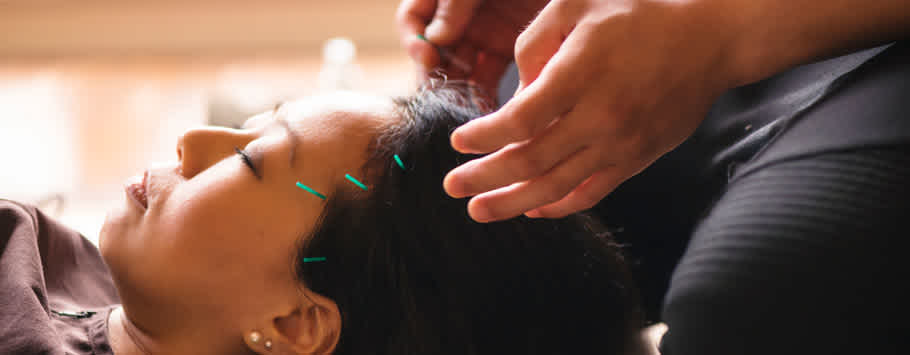Long Term Benefits Of Acupuncture & Chinese Medicine
Traditional Chinese Medicine NZ
Traditional Chinese medicine (TCM) originated in ancient China and has been around for more than 2,000 years. It is based on natural medicines and designed to stimulate healing mechanisms in the body.
Practitioners of TCM use herbal remedies and various mind and body practices such as acupuncture, dietary advice, exercise including tai chi and qi gong, cupping and moxibustion to treat or prevent health problems.
Based on a philosophy of balance with nature and flow of qi (pronounced as chi), the benefits of Chinese medicine include many long-term physical and psychological advantages, many of which you may not be aware of.
1. You can manage chronic pain with cupping. This trendy, but old form of alternative medicine, includes a therapist putting cups on the skin for a few minutes to create suction. As part of the process, the therapist puts a flammable substance like alcohol or herbs in the cup, and sets it on fire. These cups are inverted and placed on your skin once the fire goes out and a suction is created.
Cupping can be useful to manage chronic pain and can also minimise circulating toxins, improve blood flow and help with digestion, although these are not proven by any study.
2. Acupuncture is another way to manage pain in the lower back, neck or knees. Probably the most commonly known stream of TCM, acupuncture is a highly individualised treatment. As well as pain relief, acupuncture benefits can include managing osteoarthritis, headache and migraines. By inserting needles in combination across some of the 350 acupuncture points in the body, energy flow (qi) is balanced and this brings relief.
The World Health Organisation (WHO) also identified that acupuncture may be effective for high or low blood pressure, gastric conditions, morning sickness, sprains, rheumatoid arthritis, chemotherapy-induced vomiting and a few other conditions. The long-term benefits of acupuncture also extend to the improvement of chronic pain.
3. TCM herbal treatments (e.g. lotions, teas and powders) can help reduce inflammation, which can contribute to of many different diseases, including heart disease, diabetes, autoimmune diseases, and even cancer.
4. You can improve muscle strength and flexibility with TCM. Practising tai chi regularly provides you with an important aerobic workout. Often described as ‘meditation in motion’, it can improve your balance, help you maintain or even enhance your flexibility and agility and boost the overall strength in your muscles.
5. Along with physical health, TCM is beneficial for your mental health. In TCM, physical wellbeing and mental health are linked. With the goal to re-balance the body's inner functions, both acupuncture and Chinese herbal medicine are used as a course of treatment of mental health issues.
6. TCM can help improve your sleep quality. Poor sleep may be associated with fatigue and irritability, as well as health issues such as impaired cognitive function, muscle stiffness and fibromyalgia. By combining acupuncture and Chinese herbal medicines following the advice of a qualified TCM practitioner, balance can be regained in the body and sleep problems may be reduced.
Interested in traditional Chinese medicine for yourself? nib Everyday policies provide cover for therapeutic services including Traditional Chinese Medicine, acupuncture and remedial massage. Cover limits and co-payments vary between our Standard Everyday and Premium Everyday policies. Compare your options and get covered today.
This article is for informational purposes only and is not intended as medical advice. For any specific concerns or questions, please consult your healthcare provider.
Want to know more?
